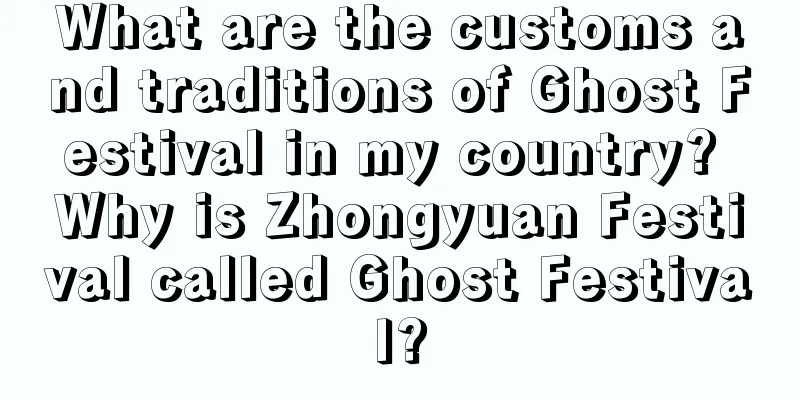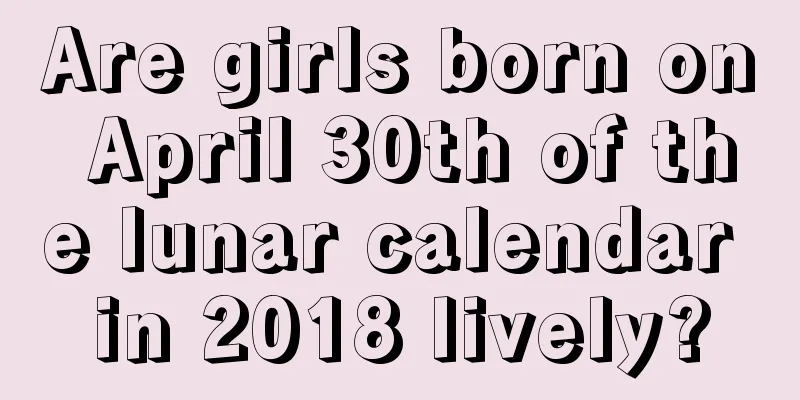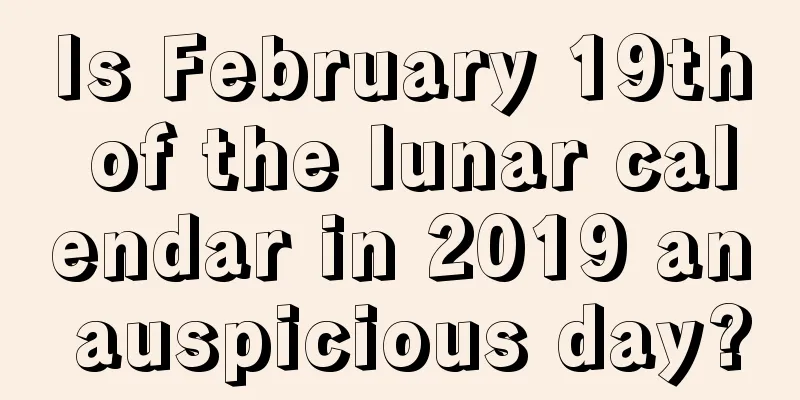How do Hakka people celebrate Qingming Festival to show filial piety?

|
Introduction: Don’t refuse a cup of wine, for I’m afraid that the flowers will turn red; besides, it’s a fine day for Qingming Festival, so don’t forget to go out and have fun. The sacrificial customs of Qingming Festival are to express the filial piety of the worshiper and his longing for the deceased. So, how do Hakka people celebrate the Qingming Festival, when they want to express filial piety? Let’s find out together! Various good days have appeared in the third month of the lunar calendar, and there are options for getting married or having children. People who work hard in March will reap the wonderful fruits of autumn. The Hakka people are a group of people who migrated from the Han nationality to the south of the Five Ridges, and even to all parts of the world. They have always prayed for the protection and blessing of their ancestors, so lavish burials and tomb sweeping are an important activity in every Hakka family. The manifestations of lavish burials are "carrying ancestral bones" and "secondary burial". "Carrying ancestral bones" means that the Hakka people carried the bones of their ancestors on their backs during their escape, so as not to abandon the remains of their ancestors to be ravaged by foreigners. Once they found a new place to settle down and looked for a good feng shui site, they would wipe the bones clean, place them in a "golden bowl" and rebury them. This custom has been passed down among the Hakka people. Even if they no longer migrate, they will reopen the tomb, open the coffin, wipe the bones clean, store them in a "golden bucket", and then choose a Feng Shui location and an auspicious time for a "second burial" three to ten years after burying their ancestors. Funerals are also important and sacred worship activities. During the Qingming Festival, Hakka people must plant willow trees at their doors and wear willow trees on their heads to show that they do not forget their ancestors. Willow trees are scarce in the south, so even if they replace them with grass, this practice cannot be omitted. Hakka people will put yellow paper on the grave when they sweep the grave, so tomb sweeping is also called hanging paper, which means that the descendants have come back to worship their ancestors. The Hakka people have reformed the traditional Chinese custom of tomb sweeping on Qingming Festival and changed it to "Spring and Autumn" tomb sweeping. The "Spring Festival" is the first month of spring. The wealthier families start sweeping tombs on the ninth day of the first month. If they have the time and money, they will sweep the tombs in the first month of the year, adding soil where necessary and pulling weeds where necessary. In short, they will do repairs where necessary. In addition, during the sacrifice, you can also report to your ancestors what plans you have for the new year and how to implement them, and pray for their blessings! The "Autumn Sacrifice" is held during the slack season after the busy summer harvest and planting. On the one hand, there is time, and on the other hand, the fruits of the labor in the first half of the year can be dedicated to the spirits of ancestors, and prayers are prayed to the ancestors for a good harvest in the second half of the year. This reform of the Hakka people is very wise and practical. Early in the morning of Qingming Festival, the Hakka people set out with sacrificial supplies, hoes, sickles and other tools. According to local customs, people like to bury their deceased relatives in the mountains. After arriving, everyone started to clear the weeds on their relatives' graves, and the weeds around the graves had also to be cleared. Hakka people believe that clearing weeds cleanly is not only to make it look better, but mainly to express respect and longing for their deceased relatives. After clearing the weeds and placing the offerings, you can start burning incense and worshiping. Each person holds a stick of incense and bows three times, then places the sticks in front of their loved ones' graves. If the person is a male elder who is highly respected, the younger generation needs to kneel down in addition to bowing. Another important custom of the Hakka people during the Qingming Festival is making mugwort cakes. Every household grinds rice and glutinous rice into flour, mixes it with crushed green mugwort leaves, and makes green rice cakes, which are either steamed or fried. They taste very fragrant and delicious. The originally bitter taste of mugwort now becomes very mild, leaving only a faint fragrance. The whole family sits together to eat mugwort cakes. Not only do they enjoy the delicious taste, but they also enjoy the joy of family reunion. Many Hakka people who live in other places always take some mugwort cakes with them when they travel. Summary: After reading the introduction in the above article, we have learned about some traditional customs and culture of the Hakka people in celebrating the Qingming Festival. Do you have a new understanding of the Qingming Festival? |
>>: What is Qingming Festival also called? Five taboos you need to know about Qingming Festival
Recommend
What is the zodiac sign of people born on New Year’s Eve in 2021, and what name has a good meaning?
Constellations are one of the indispensable compon...
Is August 5, 2019 a suitable date to open a new store or company?
It is the eighth month of the lunar calendar, the...
Is it a good idea to move house on the 13th day of the 12th lunar month in 2018?
Shui Mo Xiansheng website provides you with more ...
What does the twelfth day of the first lunar month mean? What are the festival customs?
Introduction: In the first month of the year, ever...
Check the auspicious and inauspicious date and time of Christmas Day on the 19th day of the 11th lunar month in 2018!
Introduction: Not only are there auspicious and in...
What is the numerology and fate of a boy born on the 24th day of the twelfth lunar month in 2019?
The Little New Year is a day for worshiping the ki...
Is the eighth day of the eighth lunar month in 2019 suitable for opening a business?
It is not a bad idea to choose a meaningful date ...
Is the previous solar term of Chushu the Beginning of Autumn? Is it auspicious to move house during Chushu in 2020?
Introduction: The 24 solar terms are one of the cr...
Is it auspicious to get a haircut on the sixth day of the third lunar month in 2020? What does it mean to get a haircut on the sixth day?
Many people do not pay attention to the Feng Shui ...
What taboos should we pay attention to on New Year’s Day in southern China?
Introduction: China is a vast country, so there ar...
What time is Grain Rain in 2022? Which solar term is Guyu? What is the meaning of Grain Rain?
Grain Rain is a solar term in spring, at the junct...
Is the second day of the sixth lunar month in 2022 a good day? Can I go to the girl’s house to propose marriage?
The sixth month of the lunar calendar is known as ...
Who are the celebrities and great people who were born on International Women’s Day? What celebrities were born on March 8?
International Women’s Day is a holiday for all wor...
What can you hang at your door to ward off evil spirits during the Dragon Boat Festival? Which two grasses?
On the fifth day of May every year, every family m...
Recommended auspicious days for starting work in February of the lunar calendar in 2022
It is also necessary to choose a good time to star...









